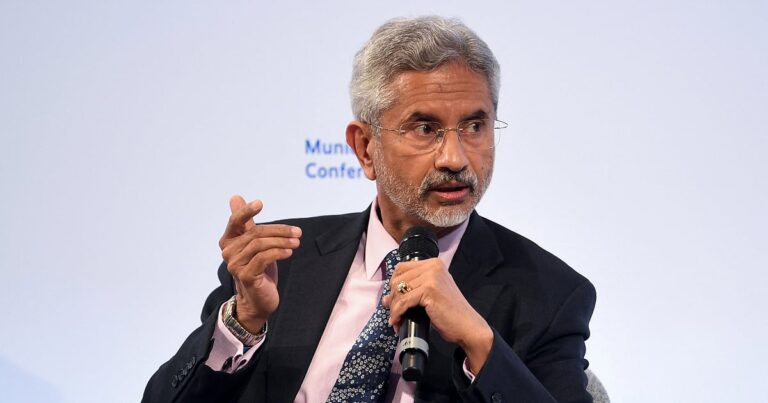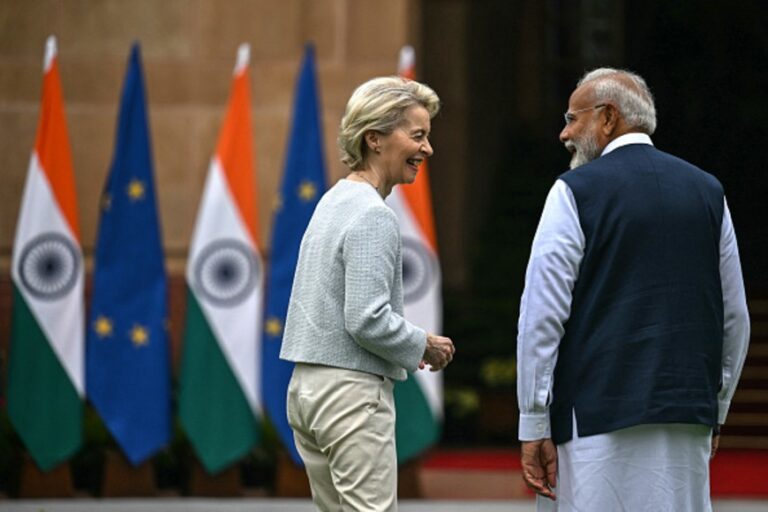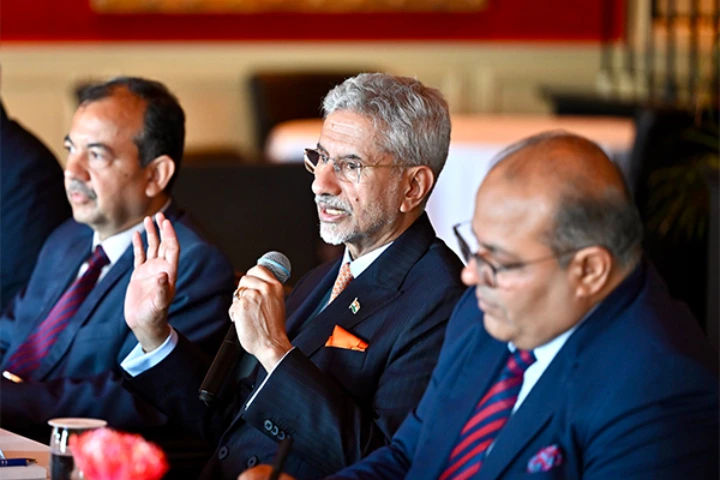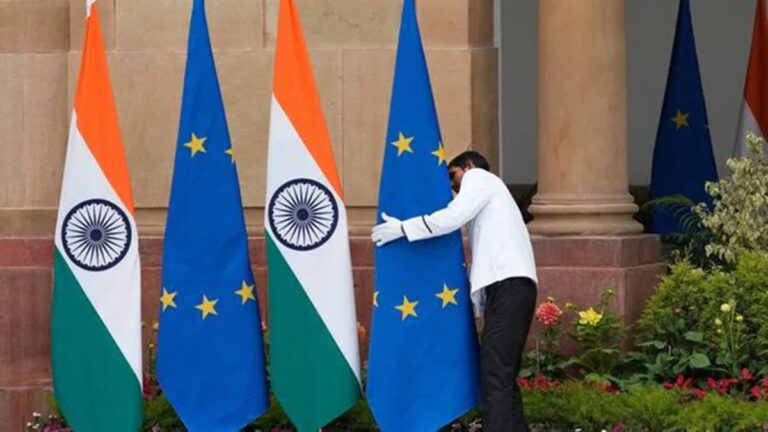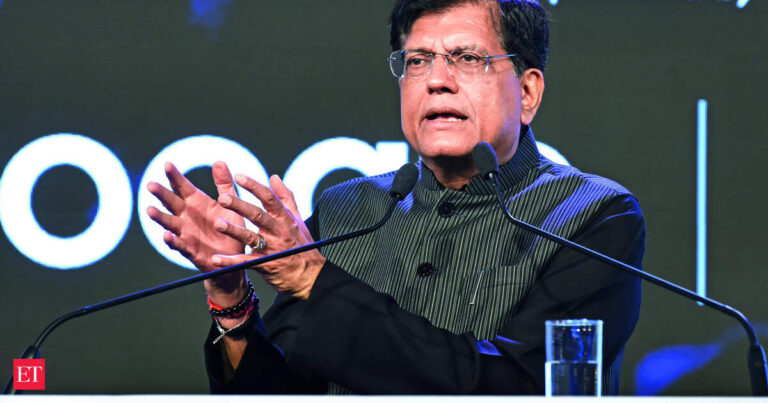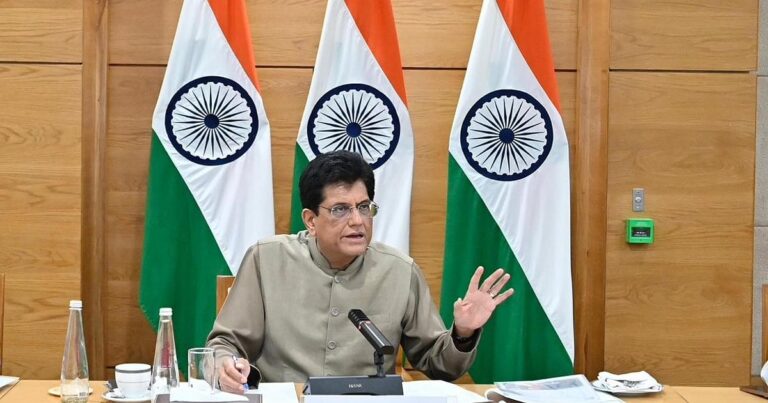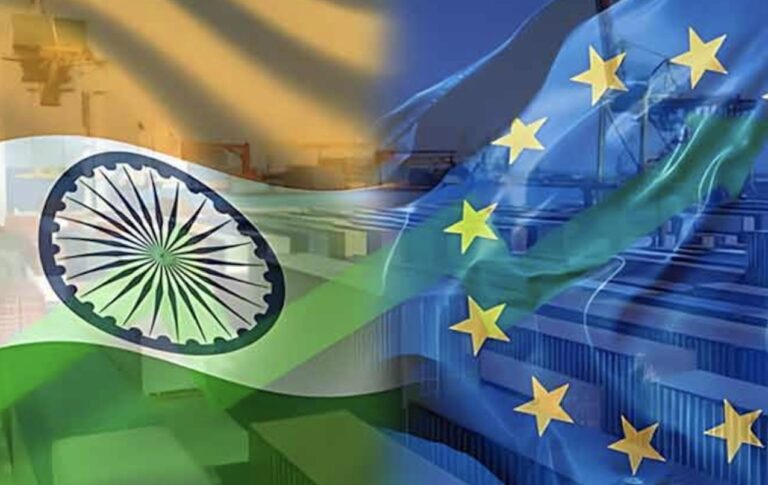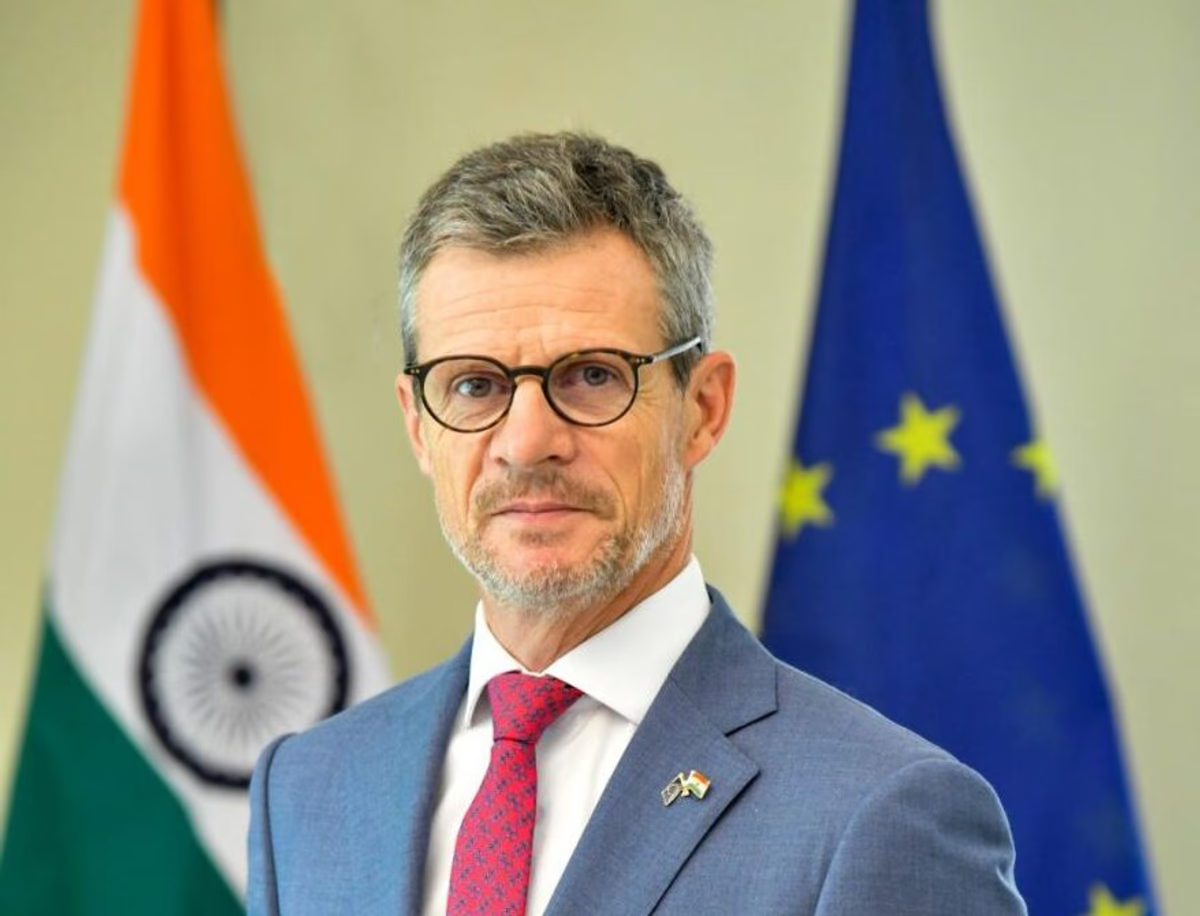
New Delhi: The European Union ambassador to India and Bhutan Herve Delphin expressed confidence in the position that India and the European Union hold in the current geopolitical landscape to “draw the bridge” with the world South and the achievement of the region’s expectation.
While speaking during the “State of the world” segment during the 9th Carnegie Global Technology Summit in the national capital, Delphin stressed the interconnected dimensions shaping current global affairs, noting that geopolitics is fueled by four factors.
He described these factors as the evolutionary forms of capitalism, the strategic role of technology, social pressures and the changing security environment.
He described the competition in progress between different economic models, in particular state capitalism, mercantilism and the open liberal system and stressed the changing role of technology, declaring that it has gone from purely an innovation and progress tool to become central to geopolitics and national security.
Delphin also underlined the impact of social changes and security threats to the current world order.
“The EU and India are very well placed to work together to draw these bridges with the world South, to help to deliver and to establish links with the expectation of the world South. We must not only look at the prism of competition,” he said.
“Geopolitics is fueled by a quadrant of factors. One, how the economy is questioned by the different versions of capitalism: the mercantilist version, state capitalism as in a large geographical area in the east, and the traditional open liberal system in which we live. In addition, at the end of the day, people must be served as they live in a world of anxiety and choice and the last is, of course, the security environment, where we see new wars and new forms of wars.
Speaking to the rate of change in global policy, Delphin noted that the “speed of change” was exhausting for the system because it cannot follow.
He called on governments and institutions to adapt quickly to avoid being overcome by the pace of transformation, stressing the growing importance of confidence in global geopolitics.
“I think what comes out of this world – there is certain elements. One is really a question of speed. The speed of change is so absorbing that it is even exhausting systems because it cannot simply follow and you must recognize that you can have the best possible agency; you will be somehow exceeded. Is what will shape the dynamics of the world of the new world in which we live,” said the ambassador.
In particular, the ninth summit of global technology (GTS), co-organized to the Ministry of External Affairs, Government of India, is held from April 10 to 12, 2025 in New Delhi, with public sessions on April 11 and 12.
The theme of this year, Sambhavna – which means “possibilities” – highlights the potential transformer of critical and emerging technologies to stimulate economic growth while shaping international relations, security managers and global governance. (Ani)
